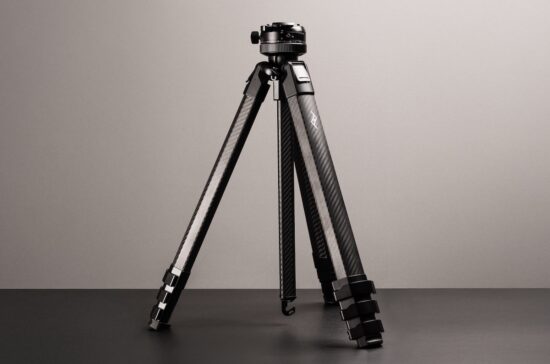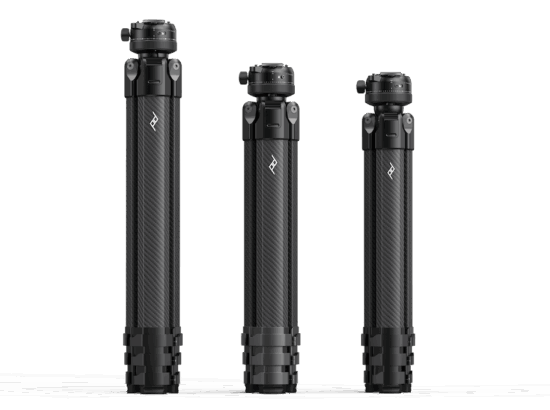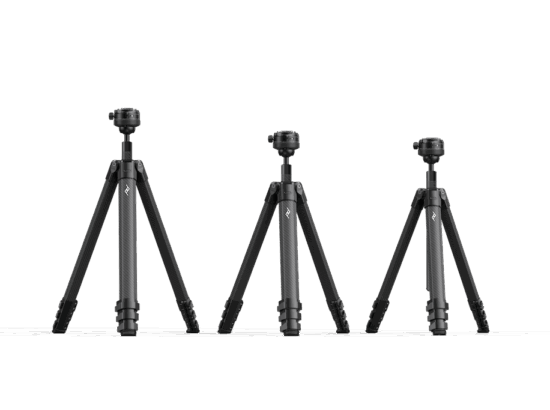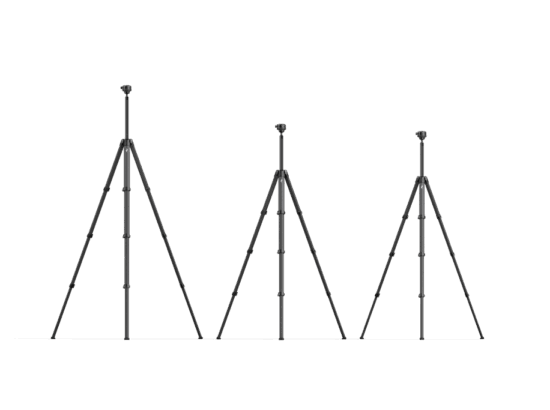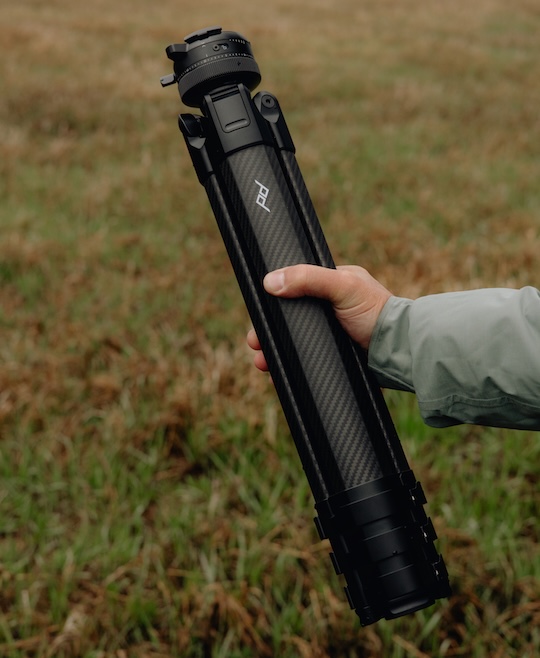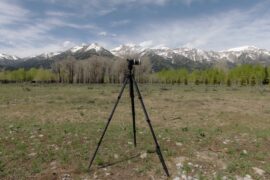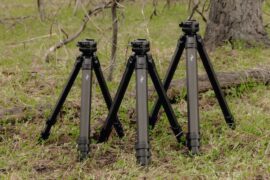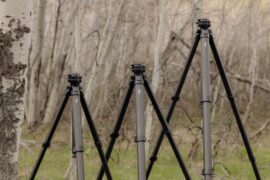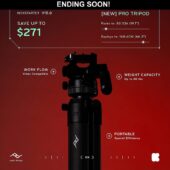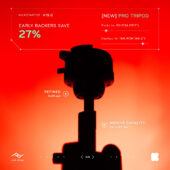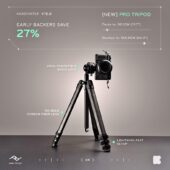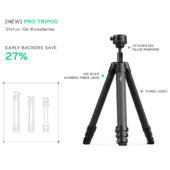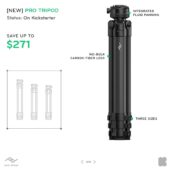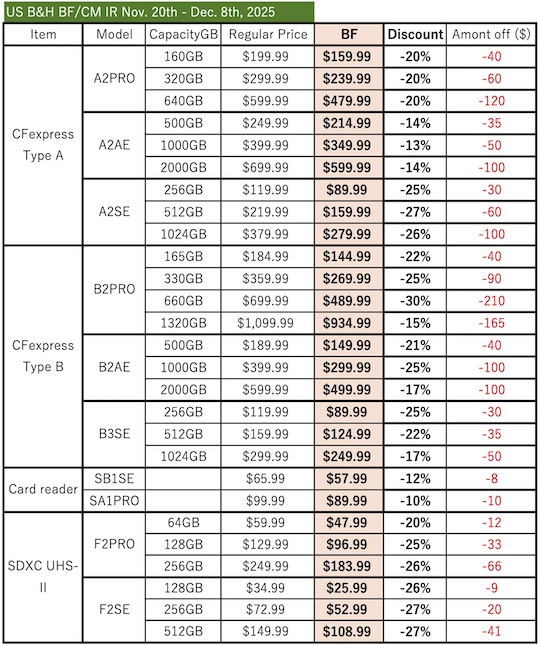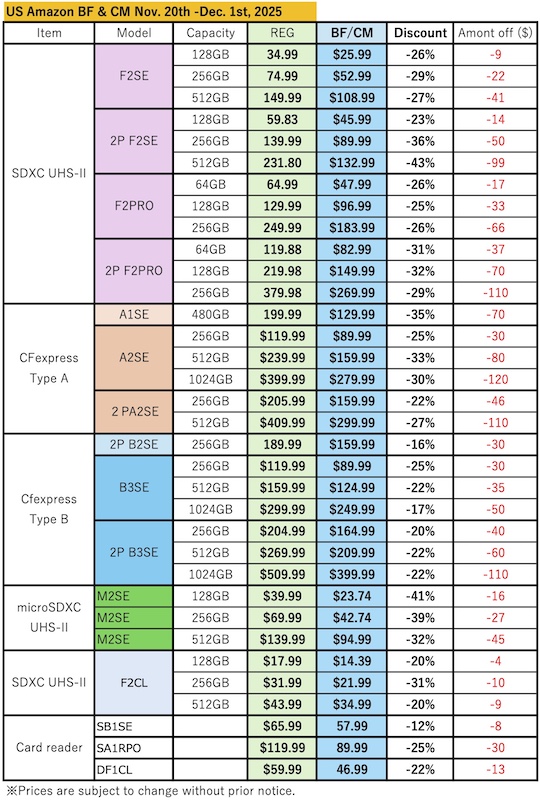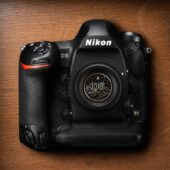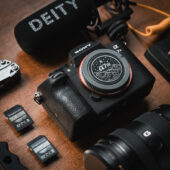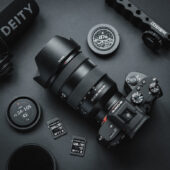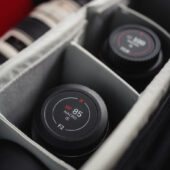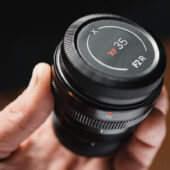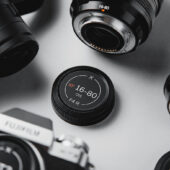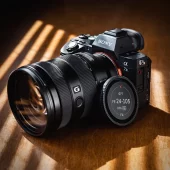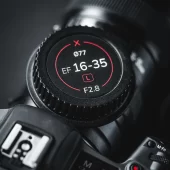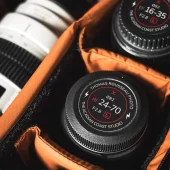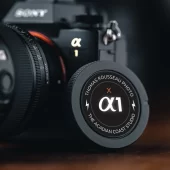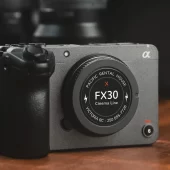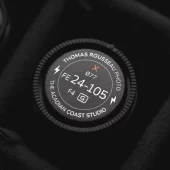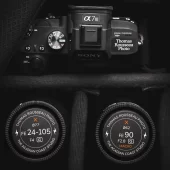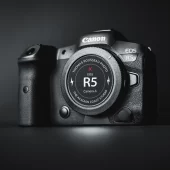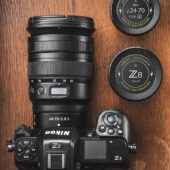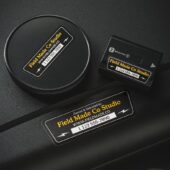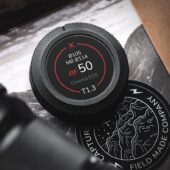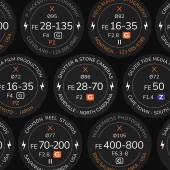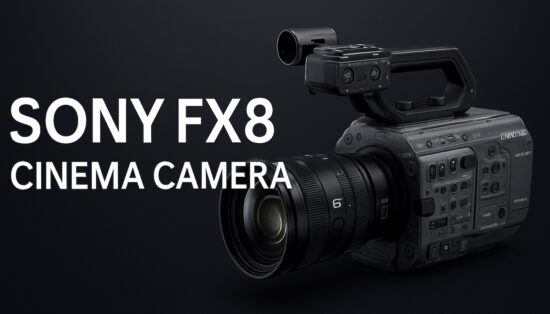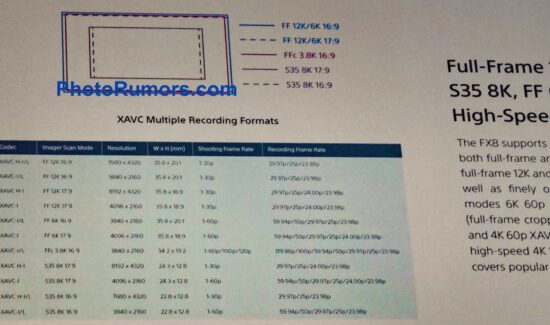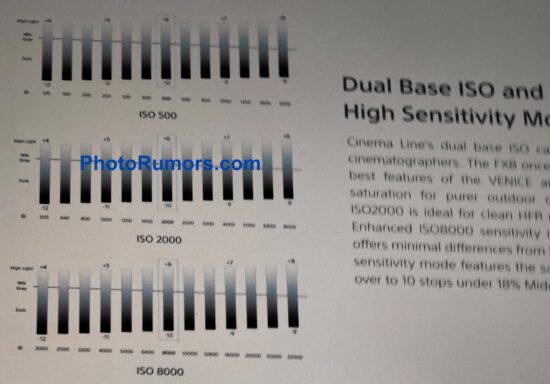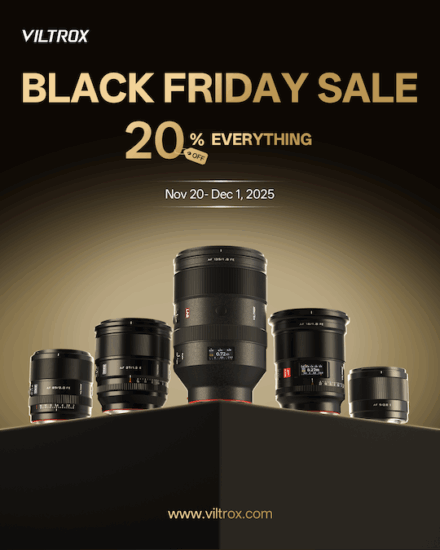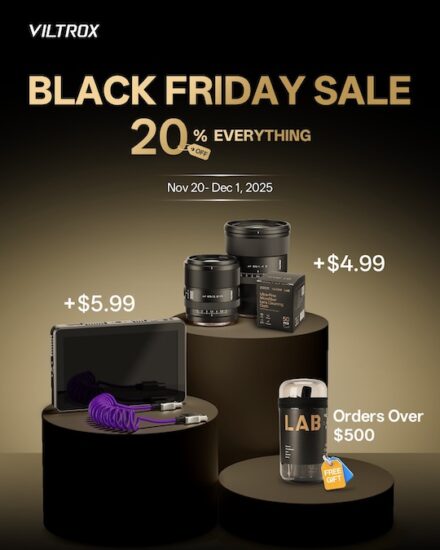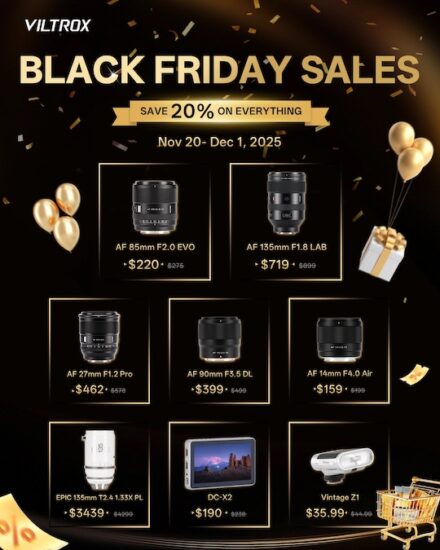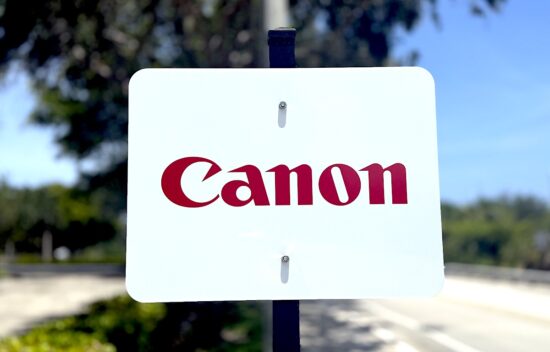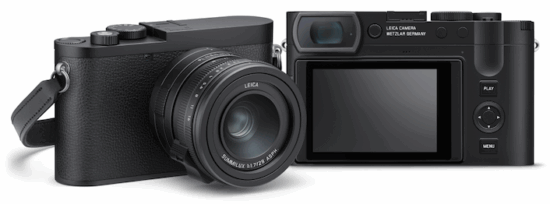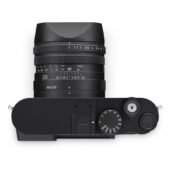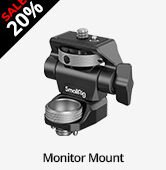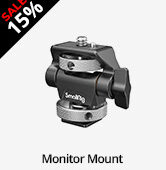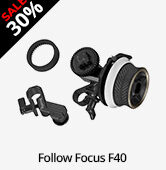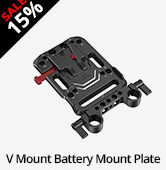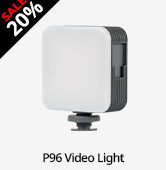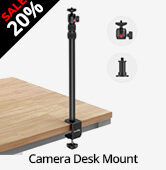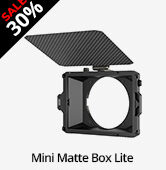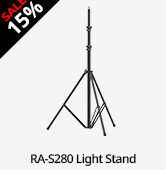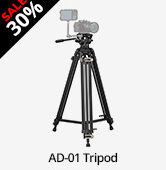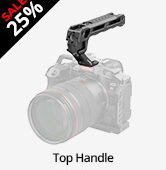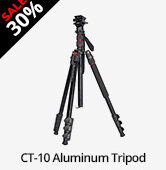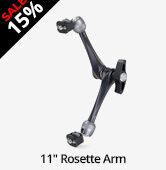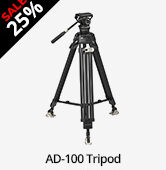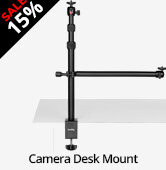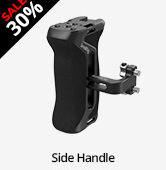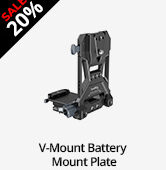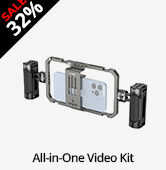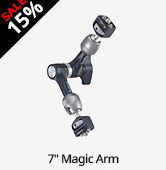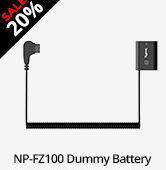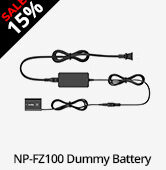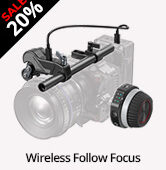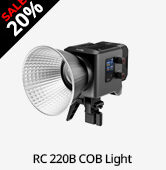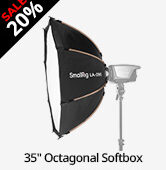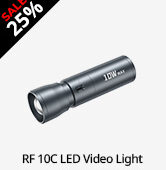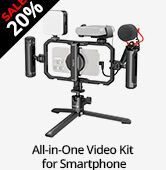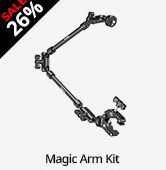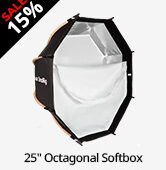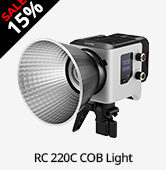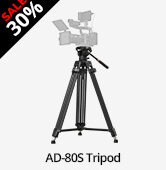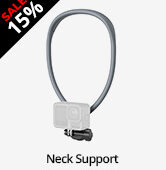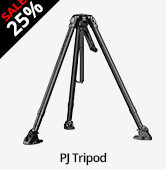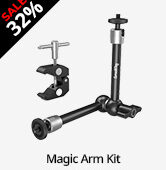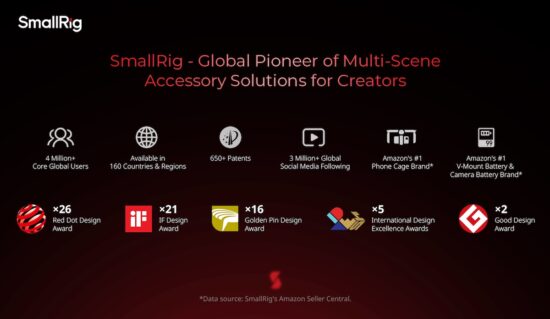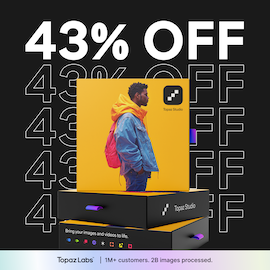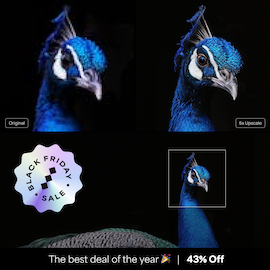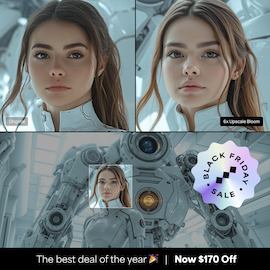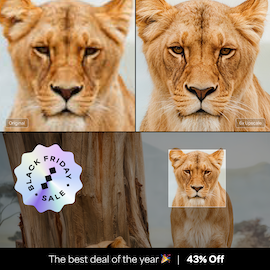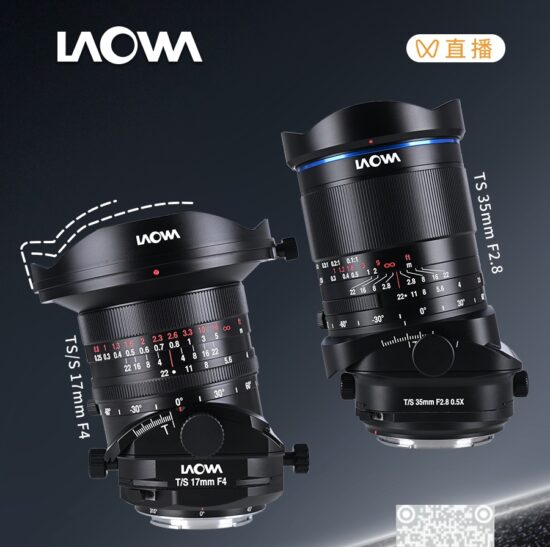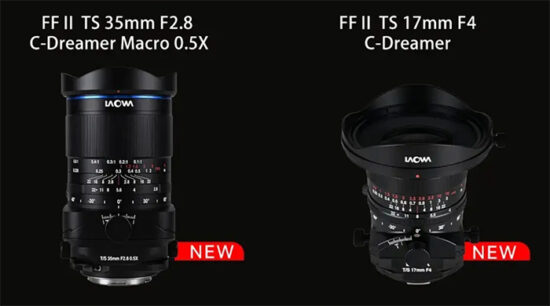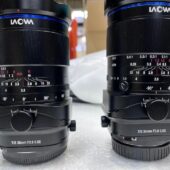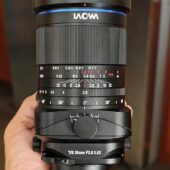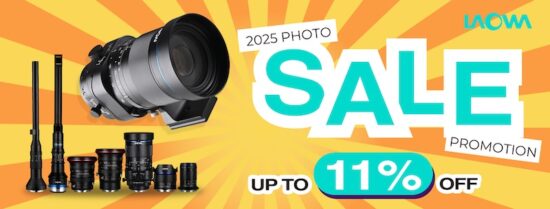The answers you missed: What our staff revealed in the DPReview AMA
 |
Last week, the DPReview Editorial team hosted its first Ask Me Anything (AMA) event in the new forums. These AMA sessions are a great way to engage directly with our staff and pose those burning questions you've always wanted to ask.
We addressed a diverse range of topics, including the demand for compact cameras, the impact of AI on photography, articles we would change if we could go back in time, the near closure of DPReview in 2023, and more.
Staff participating in this AMA included:
- Mathew Anderson (Community Manager)
- Dale Baskin (Managing Editor)
- Richard Butler (Managing Editor, Reviews and Technical Standards)
- Mitchell Clark (Reviews Editor)
If you missed this initial AMA, don't worry; we plan to host AMAs regularly and will announce them on the homepage in advance, so you can have your questions ready when the event goes live.
In the 2010s, the big camera brands sold thousands of compact Type 1/2.3 sensor cameras. Judging by the prices of used compact cameras, these old models are in huge demand. Surely, the managers at Canon, Nikon, Sony, Fuji, etc, are aware of this.
Do you have any insight into why the camera companies seem so reluctant to bring them back? Are these compact models money losers?
Richard Butler:
We asked most of them this question at CP+ this year. All of them seemed to recognize that there is some market interest in compacts, but no one sounded that keen to cater to it.
Responses from execs at large corporations will always be presented in positive terms, so it's hard to be certain exactly what their concerns are: no one is going to say "it's just a fad" or "we just don't think it's a large enough market to be worth engaging with."
I suspect part of the problem is that these companies have spent decades and countless billions of Yen trying to make the best, most advanced cameras, and that's not what this demand for old cameras is chasing. Do any of the camera makers know how to make a compact camera that has outdated image quality, rather than doing their best and ending up making something that fails to match modern smartphone quality, rather than offering something flawed and quirky?
"Do any of the camera makers know how to make a compact camera that has outdated image quality?"
From where we sit, it's easy to assume that this is the same as the (I suspect much smaller) demand for good photographers' compacts: an updated G7X model or a new RX100 that was actually engaging to use, but it may not be.
OM System is the successor company to the maker of one of the nicest-to-use enthusiast compacts ever made, but they explicitly ruled themselves out. Fujifilm's attempt to address the market was the X Half (which some people wanted to be both a mad, fun retro compact AND a credible enthusiast compact), so there is some sort of response. I just don't think anyone knows what the right product to address the demand is: but no one seems to think it's simply firing up Type 1/2.3 compact production again.
If you could go back in time and make significant changes to a review or article you've written, which would it be and why?
Dale Baskin:
Am I allowed to say "All of them?"
The truth is, every time I go back and read something I wrote, I hit multiple points where I think to myself, "I should have explained that differently," or "Why didn't I mention X, Y or Z?" But to some degree, that's just me being self-critical as a writer. It's much less often that I look at an old article and think, "WTF? What was I thinking?" Broadly speaking, I don't know that there are many articles where I would make significant changes.
But there are some, and the one that really stands out to me is an opinion article I wrote in 2015 about the Canon XC10, a video camera that Canon pitched as being a true video/stills hybrid. (This was before most companies were making mirrorless cameras.) When Canon briefed us on the product, we were told that it could shoot both 4K video and Raw photos, in a body that was (kind of) designed for both use cases. I wrote an editorial explaining why this was a big deal and represented an important step for video/stills convergence.
"That article racked up over 700 comments, mainly from readers who thought I was an idiot."
Fast forward a couple of days to when the camera was announced, and my article went live [automatically]. However, when the final spec sheet eventually arrived from Canon, Raw photo capture was nowhere to be found. I think it was just an unfortunate case of miscommunication. However, the lack of Raw photo capture significantly undercut the central premise of my editorial.
I removed references to Raw capture, but that article racked up over 700 comments, mainly from readers who thought I was an idiot. At times, I've considered going back and heavily rewriting it, or even taking it down, because the whole thing felt like a disaster, but at this point, it's part of the historical record. To this day, however, that's the one article I've written that, in hindsight, I wish I had never even pitched due to all the grief it caused me.
Richard Butler:
Oh, absolutely. I have vague recollections of having deleted an older article when we significantly changed the way the site operated, eight or ten years ago. I can't remember; maybe I just thought about doing it. It was a well-intentioned idea based on a misunderstanding that, collectively within the team, we couldn't recognise.
There's also at least one opinion piece that I wrote where, looking back, I completely failed to explain my point coherently (in part because I don't think the idea stood up quite as well as I thought). It's not especially wrong, it's just not a very good article.
But I second-guess reviews constantly. I was disagreeing quite strongly with someone just this morning, over a camera he likes and I really don't, and another that I really like and he doesn't. He's a friend whose knowledge, insight and opinions I respect above most people's, and in putting forward my positions, I had to check whether what I've written for the site too narrowly represents my own tastes. (I don't think I realised how central to the target niche I am, and therefore may have misjudged how much broader a camera's appeal is to people who aren't me).
"Everything I write in reviews is based on the idea that people might choose to go out and spend their money based on what I've written."
I still stand by my overall assessment, but I might have expressed more strongly how specific your needs and preferences have to be for it to make sense, had I been able to step back a little further. But I constantly revisit "Should that have got a higher/lesser award?" and "Should I have put more/less emphasis on feature X/weakness Y?" in my head.
But, aside from the degree to which it will (quite rightly) be subject to scrutiny, everything I write in reviews is based on the idea that people might choose to go out and spend their money based on what I've written. And I'd like to think that meeting one of those people wouldn't be too awkward or uncomfortable an experience for either of us: that even if we didn't agree entirely, they would recognise that my review was a good-faith effort to give advice and provide the information for them to draw their own conclusions.
I'm definitely not claiming to get everything right, but there are mercifully few things I believe I've got horribly wrong.
Cameras and lenses are so beyond good in 2025, why do we even need reviews?
Richard Butler:
First and foremost, even if most (not necessarily all) cameras and lenses are very good, that doesn't mean they're the same. One camera may still perform a particular task better than another, one may be more engaging to use, one may have a broader or more interesting range of lenses available.
Most modern cameras will do the job, if you believe photography is solely about acquiring a specific image, but in an age where deciding to take control over a dedicated camera is partly for the fun of doing so; where the sense of being involved in the process is part of the appeal and where enjoying your gear can still prompt you to experiment and try to grow, creatively, finding the right product for you is as important as ever.
And even then, there's still room for unexpected differences in performance. For instance, both the Sony a9 III and Nikon Z6III exhibit lower dynamic range than their peers, but for dramatically different reasons and with very different impact on their wider image quality.
"First and foremost, even if most cameras and lenses are very good, that doesn't mean they're the same."
Testing and reviewing is a chance to explore and explain those differences and the degree to which they might or might not matter for different types of photography. New features are still being added, and the degree to which they are and aren't useful is still worth exploring and discussing.
And, it's probably worth recognizing that some people are into photography and have little interest in the equipment they use, while others are as interested in the technology as the creative process. Just as the TV show Top Gear was initially a consumer-focused program about everyday cars that turned into a program about camaraderie and silliness that used exotic cars as a peg to hang things on, sometimes people just want to be entertained, reading about things they're interested in. I'm not necessarily saying we have gone or plan to go full Top Gear, but reviews aren't necessarily just about buying advice.
How did the experience of DPReview almost shutting down in 2023 affect how you view the industry and your role in it?
Dale Baskin:
That's a great question!
While we were obviously aware that DPReview played a significant role in the industry, I don't think we truly appreciated the depth of that role until Amazon announced its plans to close the site. Two things made that role very clear.
The first was the reaction from photographers worldwide, which created shockwaves. They didn't just tell us how upset they were; they told Amazon, loudly and powerfully. The fact that DPReview is still publishing today is a credit to the community's outpouring of support. Amazon doesn't reverse business decisions like that lightly, but the reaction was so powerful that they decided to sell the business rather than close it. That we're here today is a direct result of photographers telling Amazon how essential DPReview was, not just to Amazon's customers, but to the entire camera industry.
The second was the reaction from within the industry. Camera companies openly published letters and press releases lamenting the closure and speaking to DPReview's importance to the nascent camera industry of the early 2000s. That's the part the public saw. We also received private emails from CEOs and senior industry executives expressing their support and reflecting on why DPReview was so vital to the industry as a whole.
"Ultimately, we came to understand that we are stewards of that quarter-century of accumulated knowledge."
The experience also gave us a different perspective on our role. When closure loomed, the biggest concern for many photographers (and for the staff, who are all photographers and frequent users of the site) was the loss of DPReview as a resource: the accumulated knowledge in the forums, a quarter-century of technical explainers, camera reviews and the studio scene tool. More often than not, when I search for a camera-related question on Google, the answer is already in our own forums. As photographers, we didn't want to lose that knowledge base either.
Ultimately, we came to understand that we are stewards of that quarter-century of accumulated knowledge. Part of our job is to ensure it remains available to photographers globally. That's why we worked so hard to keep these forums viable. I realize the new software is missing a couple of popular features, but we chose the option that allowed us to preserve the forums, because we know how vital this treasure chest of information is to the photography community.
With the growing popularity and use of AI and other content creation tools that can produce photorealistic images, are you concerned that photography is at risk of becoming a lost art?
Richard Butler:
Personally, no.
I think it depends to what extent you think of the point of photography as being the end result or a combination of the process and the end result.
Obviously, part of my current motivation to take photos is this job (there's always another gallery that needs to be shot), but before that, I wasn't taking photos to achieve anything, particularly, I was doing it to push myself to learn and get better, and to enjoy the experience. There's a satisfaction in having taken a good shot that isn't replicated by seeing a generated image, no matter how photo-realistic it might be.
"I can't imagine finding myself thinking, 'This image looks great because I'm so good at prompting,'"
I can't imagine finding myself thinking, "This image looks great because I'm so good at prompting," and getting the same excitement as looking at the back of my camera and thinking, "That looks better than I was hoping," and knowing my actions and choices led to it.
I think AI will just further erode the ability of pro photographers to make a living (which raises the ethics/fairness of big tech ingesting millions of pieces of creative work without regard for copyright and then profiting from narrowing the market for further creativity), but I'm not sure how much impact it has on photography as a hobby or artistic endeavour. Though it'll probably wreak havoc on photo competitions at every level, too.
Mitchell Clark:
I actually had a pretty long think about this recently while covering Adobe Max, because they spent the entire conference hammering on the point that people and businesses need to use AI because people are demanding more and more content every day.*
You can read the article I wrote about it for my full thoughts, but they essentially boil down to: I do worry that commercial photography might be cooked (and not because AI is better, but because the people who make the decisions will think it's good enough). But for the people who take pictures for the love of doing it, I don't think AI will get to the point where it can replace... that.
"I do worry that commercial photography might be cooked."
External validation may be harder to find. If you're competing with AI images specifically tuned to jack into people's serotonin receptors on Instagram, you're probably going to lose that competition. But if it's the activity itself that makes you happy, rather than people's reaction to it, I'd agree with Richard that it's hard to imagine AI replacing that.
I also think (hope?) there are some photography applications that people just won't accept AI for. I'm thinking wedding photos, portraits of their children, etc.
*A premise I'm not sure I'm sold on. There are many worse things than opening your phone and finding nothing new for you there, provided you take the hint and then put it down.
A little guessing game. Just for fun, how many mirrorless interchangeable lens cameras do you predict will be released in 2026?
Mathew Anderson:
I'm the least expert in this space, but I'll say... 20
Mitchell Clark:
From 2015 to 2020 (inclusive), there were over 20 ILCs released by the major manufacturers each year, not counting primarily video models. Since then, there's been a pretty dramatic drop off; the closest we got to even reaching 20 was 2023, which saw 18 cameras released.
I'm going to go out on a limb and say that maybe it's time for another 20+ release year. I haven't done the math at all on which cameras I actually think might be coming, but the vibe feels right.
Several months ago, you mentioned the possibility of doing small articles on selected users and their interesting photo journeys. Has there been any more thought on this? It would be very nice to read and discover them.
Dale Baskin:
Yes! I'm glad you asked this, because it's something we still plan to do. In fact, we're hoping to start this in the next couple of weeks.
Question on the XenForo gallery: What is the purpose of the albums "Member Album (private)" and "Member Album (public)?" How can we use them effectively?
Mathew Anderson:
The public one is for the general public – anyone can view that album. You will want to use this option to showcase your work to its maximum degree.
The private one is there in case, say, a group of your friends wants to share bird-watching photos with each other and comment on those photos without others in the public commenting. Sometimes it's nice to discuss and debate within a small group, which we totally understand and support. With the private option, you can invite specific community members in.
"Sometimes it's nice to discuss and debate within a small group, which we totally understand and support."
Please note that regardless of the setting, our community guidelines and Code of Conduct still apply.
In the new forums, what are "views" and why are they so high? And, are links in signatures supposed to work? They don't.
Mathew Anderson:
"Views" are the number of individual accounts and non-accounts that have clicked into a thread and viewed its posts (same for photo albums and whatnot). They do seem on the high side, something we are taking a look at (it might be right, but we're investigating).
For the signature links, you may have to re-establish the link using the new interface (clear the code you had before, possibly HTML). The actual link may not have carried over from the old forums. Links, though, are possible (see my signature).
Is it (or will it be) possible to allow a user to display more than the default 20 posts in a thread on one page? I often use my browser to search the current page for occurrences of a particular word or phrase, and doing so on a single long page would be better than doing it page by page.
Mathew Anderson:
Yes! We can adjust this. The new forum software allows for many such tweaks we can make in this regard. Thanks for the suggestion!
Some questions and answers were lightly edited for clarity and flow.



